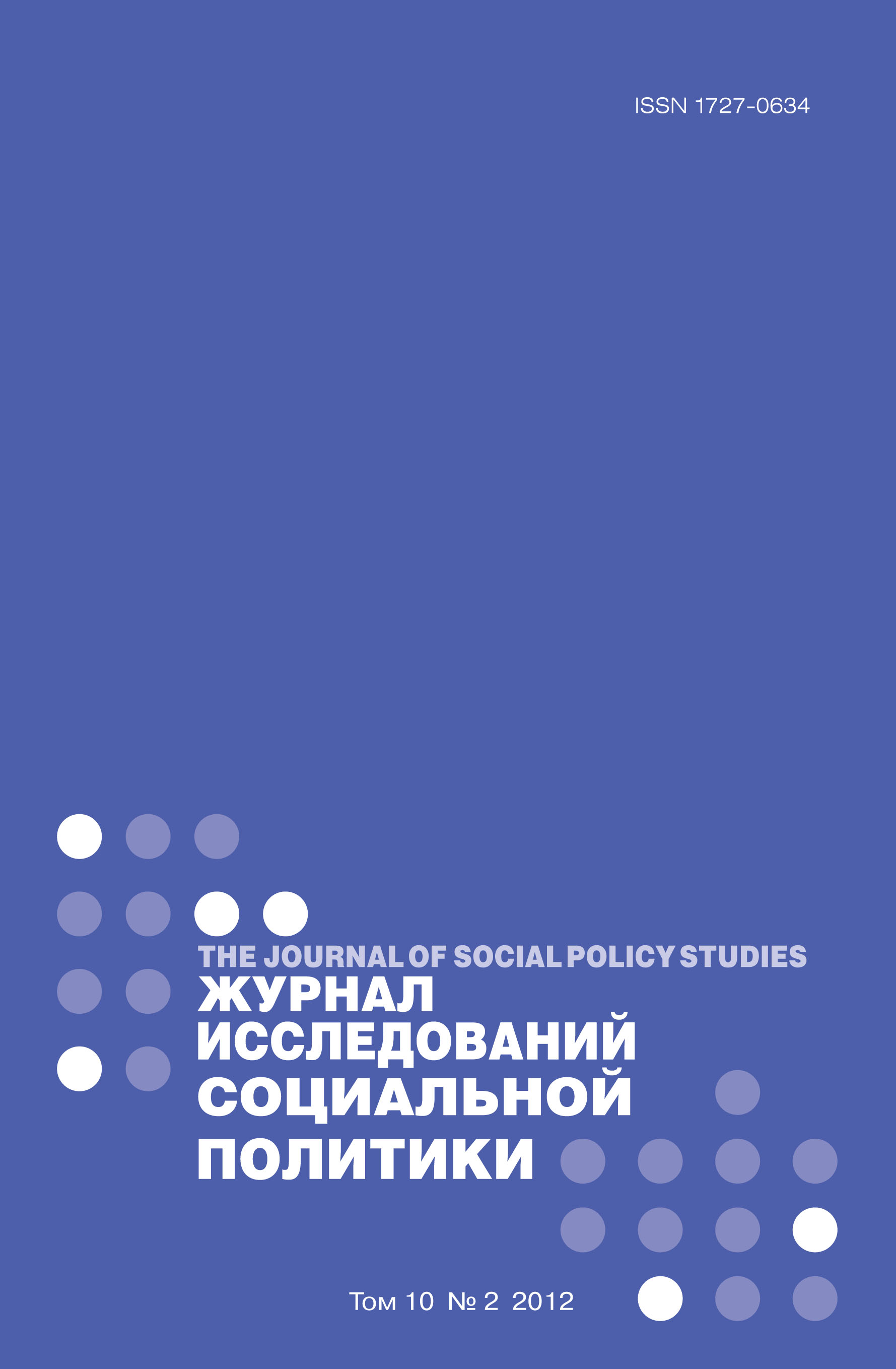Disability, Masculinity, and Sexuality in Post-Soviet Ukraine
Abstract
Experiences of how disability intersects with formations of gender, masculinity, femininity, and sexuality in postsocialist countries are issues that have thus far been little explored via ethnographic research. Drawing on life history interviews and participant observation in Kyiv, Ukraine, this article explores intersections of disability, masculinity, and sexuality in a post-socialist society, tackling the questions of how disability affects masculinity, and how the stigmatization and marginalization that men with disabilities face might contribute to the creation of alternative gender identities. The author’s discussion of the experiences of two members of the spinal’nik (spinally injured) community, Anton and Dmitrii, reveals disabled masculinity and sexuality in Ukraine to be complex phenomena that are negotiated and renegotiated, day to day, in diverse social, political, and interpersonal contexts.
The men’s stories provide a window onto the variety of experiences among men after spinal cord injury, and the range of possible responses among men with disabilities to changing political, economic and social climates. In a context where societal norms governing the body, gender, and sexuality have historically been top-down, patriarchal, and very conservative, their negotiations with (and occasional resistance to) hegemonic masculinities provide those around them with examples of the potentially empowering effects of subverting or overstepping hegemonic norms of gender and sexuality. For example, individuals may conform to some conventional narratives of masculine strength, vigour and sportsmanship at the same time as they reject those around men as “sexual brutes” who prioritise their own sexual needs. However, they may also encounter stereotyping and appropriation of their personal successes by other individuals or organisations. Overall, however, the findings confirm recent research in disability studies which argues that the experience of disability might present men with opportunities to subvert traditional and limiting gender expectations and to change their sense of self as men, workers, and sexual subjects in unexpected and empowering ways. This is true even in societies (such as contemporary Ukraine) characterized by strict gender role stereotypes, patriarchal attitudes, and rigid body cultures.















